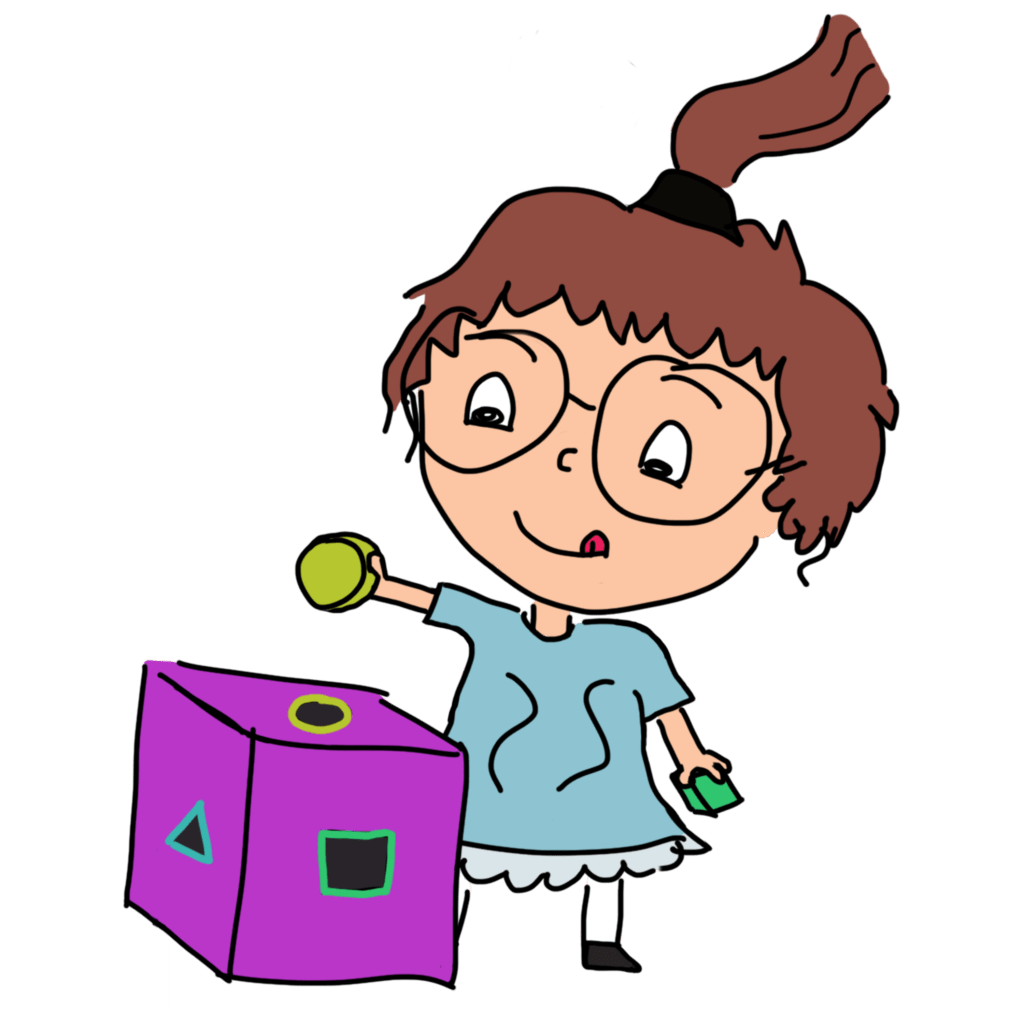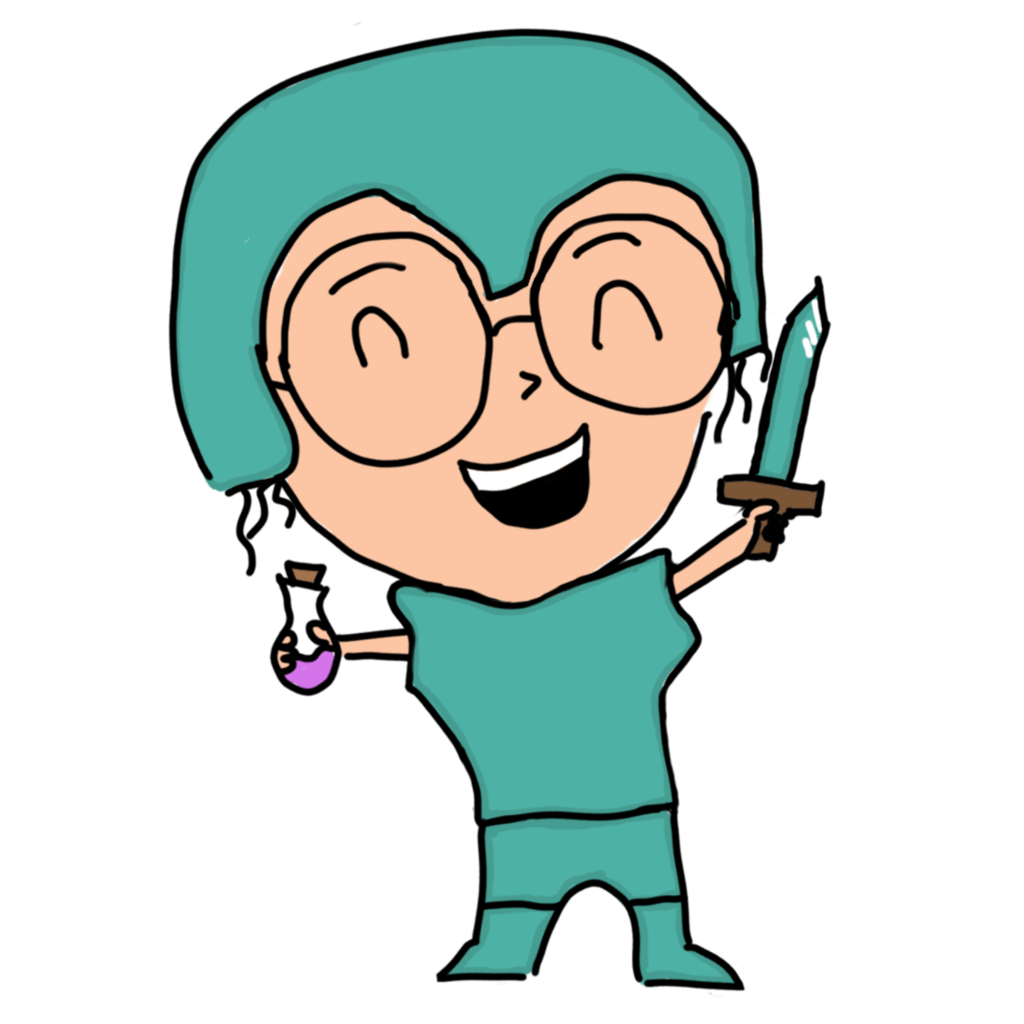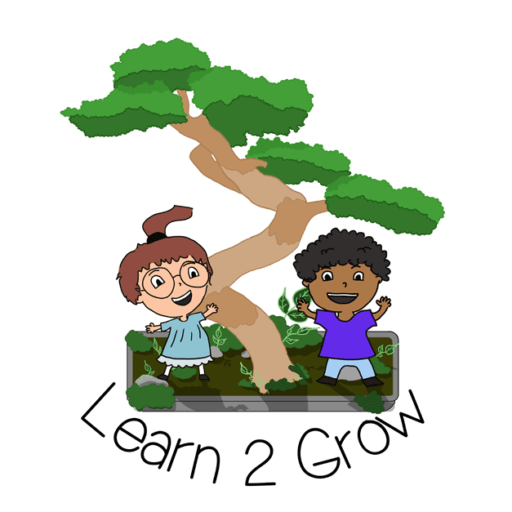Services

Occupational Therapy
Occupational therapy is a therapy designed to support individuals in achieving the things that they want and need to do. Occupations are ANYTHING that someone does that provides purpose, meaning and value to their lives.
“Who or WHAT does that involve?” you might ask. Quite literally ANYTHING and ANYONE. At Learn 2 Grow, we have a wide variety of clients and expertise, including early intervention therapy, those with physical/intellectual and/or neurodiverse individuals and families, and really ANYONE that wants to engage in occupations that are purposeful, meaningful and that adds joy or value to their life.
This can include:
- Social skills eg. turn taking, sharing, social communication
- Gross motor skills eg. upper limb therapy, core stability, postural control etc.
- Fine Motor skills eg. grasp development, handwriting, in-hand manipulation.
- Emotional and behavioural regulation
- Sensory integration
- Activities of daily living (ADLs) eg. self-care (such as toileting, showering, dressing and sleep etc.)
- Functional capacity assessments.

Allied Health Assistant
Allied Health Assistants (AHA’s) conduct therapeutic and carry-out program-related activities under the guidance of an allied health professional. Their role varies for each client as their primary role is to support therapists’ clients. This means that clients can practise the skills they need to learn in therapy and apply them throughout their daily life, whether at home, school or in the community. AHA’s collaborate with their supervisor (a qualified allied health professional, e.g., occupational therapist or speech pathologist) to implement a tailored treatment plan to support your child to work towards their specific therapy and NDIS goals. They can travel to school, home, or in the clinic.
Some skills that allied health assistants may work on:
- Handwriting and letter formation
- Coordination and balance
- Social skill development
- Cooking
- ADLs (e.g., tying shoelaces, brushing hair).
The benefit of having allied health assistant input is that they are skilled in targeting areas of function in therapy and liaising with therapists and parents regarding session outcomes. Having AHA input can increase the frequency of practising new skills, which can increase the success of achieving therapy goals.
